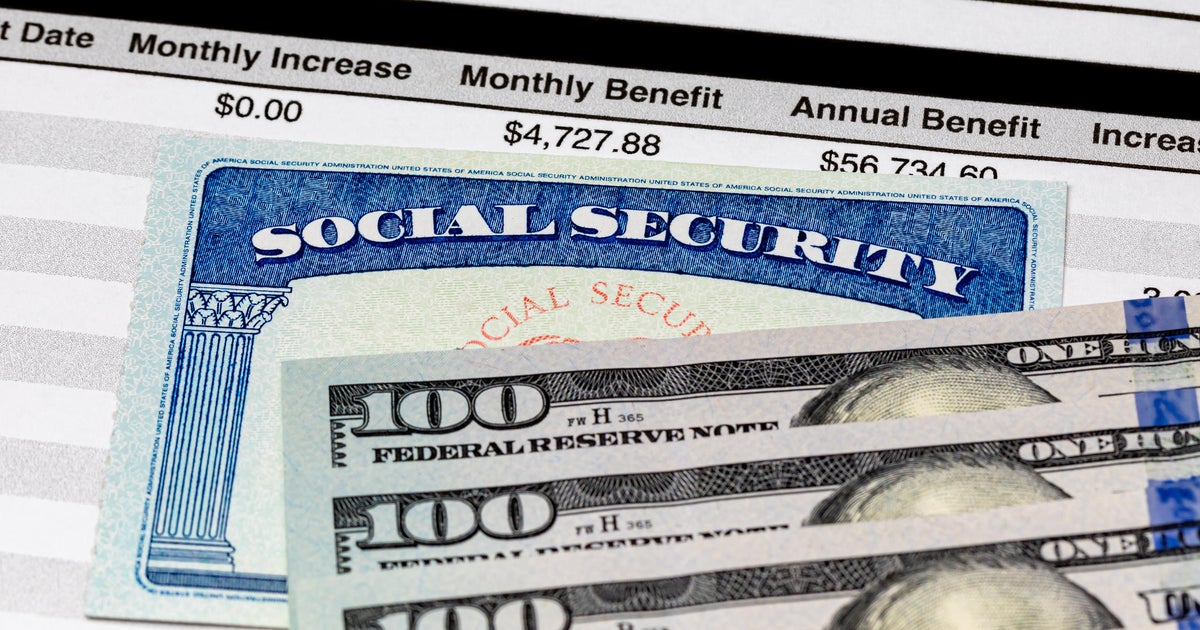
What happens to Social Security if the U.S. breaches the debt ceiling?
CBSN
Time is running out to avoid the "X date," the fiscal limit when the U.S. will run out of money to pay its bills unless Congress raise or suspends the nation's debt ceiling. That may sound arcane, but it has very real implications for the 66 million people — retirees, disabled Americans and children — who receive Social Security benefits.
If the U.S. defaults on its obligations, Social Security recipients could see their checks delayed, according to experts. That could pose a financial hardship for many beneficiaries, especially the millions who rely on Social Security as their main source of income.
Still, the political uncertainty around the fight over the debt ceiling make it hard to predict what would happen with Social Security, partly because of conflicting laws. And because the U.S. has never defaulted on its debt — a possibility that Treasury Secretary Janet Yellen said would lead to an "an economic and financial catastrophe" — there are no precedents that offer a guide to how the situation could play out.





















 Run 3 Space | Play Space Running Game
Run 3 Space | Play Space Running Game Traffic Jam 3D | Online Racing Game
Traffic Jam 3D | Online Racing Game Duck Hunt | Play Old Classic Game
Duck Hunt | Play Old Classic Game